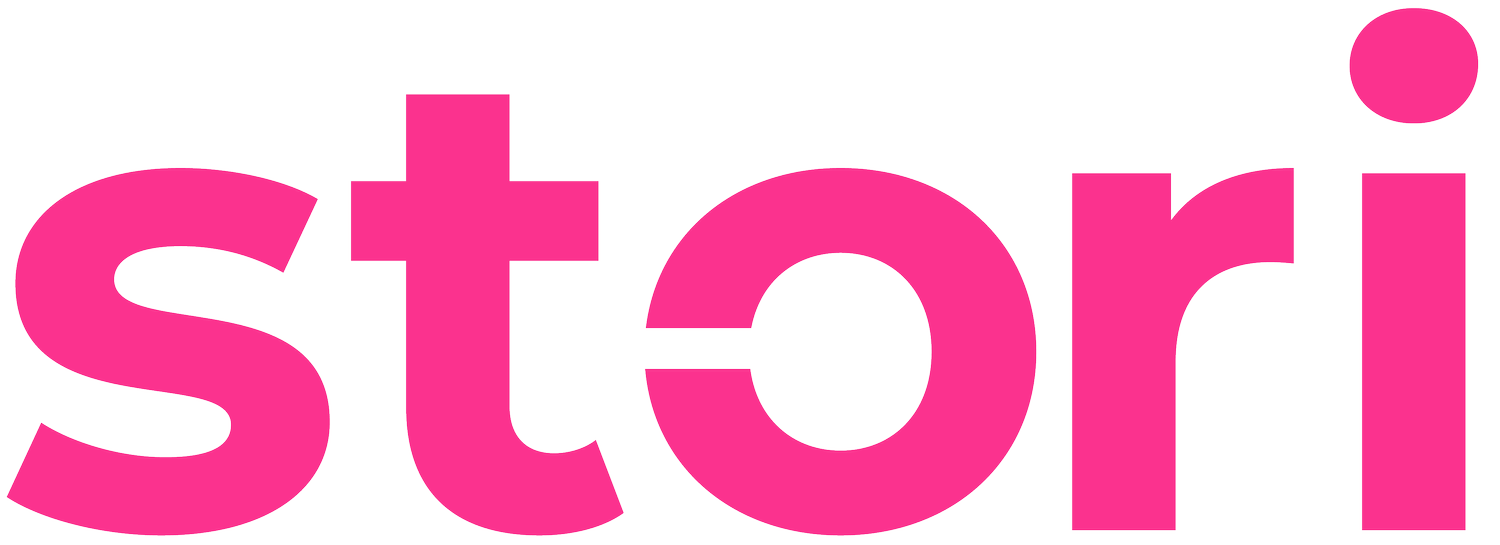Let’s get beyond tokenism in university marketing
In the comedy Scrubs, there is a moment where black doctor Chris Turk bemoans that he is constantly being singled out for his ethnicity. He asks his sceptical friend if he remembers their college brochure. “So they put you on the cover…” JD says. “Twice!” Turk replies.
It’s a joke that nods to the very real issue of tokenism in university comms. The old tick-box approach to diversity is to ensure that images contain a mix of ethnicities and abilities, with the assumption that this will be sufficient in letting people know that the broad spectrum of the human experience is welcome. But real inclusion is, of course, far more nuanced than that. And in an age of what can feel like non-stop comms thanks to social media, there is a pressing need to be active and meaningful around inclusion.
What needs to be done to make universities more inclusive?
“I wouldn't say there's any resistance to making sure that comms are more inclusive and more representative,” says Kenon Man, deputy director of marketing at the University of Nottingham. “But there can be a lack of substance. Black Lives Matter was a key example. Universities turned their logos black, but where was the conversation about racial pay gaps, about the lack of black female professors? There was nothing there to actually support that statement, but yet they jumped on the bandwagon.”
“I think across the board, there's still a lot of work to be done. I think universities will have pockets of best practice, but it's hard, because it usually falls to the token person in the organisation to actually drive it forward.”
“Widening participation is “one of the key objectives for marketing to cover”, he explains, and the use of comms needs to be recognised for the enormous significance it can have for potential students and staff alike. But without proper representation and training within the workforce, he continues, those sorts of conversations are unlikely to progress.
“There's a personal development side of things that staff need to feel that they can develop and have that confidence to actually engage and be part of that conversation at various levels within your organisation,” he says. “And what's usually missing then is the lived experience, which can help to build that case, to ask what's really happening within the organisation and how can we help.”
Student and staff stories
Martyn Edwards, director of marketing and advancement at Loughborough University, the “drive towards equity and inclusion” is there, but while there are some positive examples of meaningful engagement and change, there is still a long way to go.
“We are focusing on telling these stories and crucially working with staff from different backgrounds to provide them with a voice and platform,” he says. “We generate a lot of authentic content working with our current staff from underrepresented groups and those with protected characteristics to celebrate the many benefits of a diverse campus community, but we're not there yet. It is a journey.
“The university has identified that we need to make this a strategic priority, this includes investment and putting the resources behind it though. Senior colleagues understand that we need to proactively embed this across all our work in order to live our values and have more staff, particularly senior staff, that are from underrepresented backgrounds.”
It’s the little things
Charlotte Renwick, director of marketing, recruitment and admissions at Leeds Beckett University, says that marketing teams should be thinking about inclusion at every level, particularly when it comes to accessibility of tech.
“It's all very well having a picture that means something to you in a prospectus but if all your other interactions with the university are not easy, open and welcoming, then it doesn't really mean a lot.”
“If you have a website that’s hard to navigate and find the information that you want, that's a barrier. If you have an enquiry system where you're going to have to wait three weeks for an answer, that’s a barrier. If the people answering the phones or dealing with inquiries aren't able to talk in a language that the student is speaking, that's a barrier.
“There's a lot of focus on the big things that we're proactively putting out, whether it's a presentation given at schools about university or a piece of marketing material, but I think it's really important to audit absolutely everything.”
Need help with your student/academic stories? Get in touch with our team of journalists and we’ll create them for you: hello@stori.works

